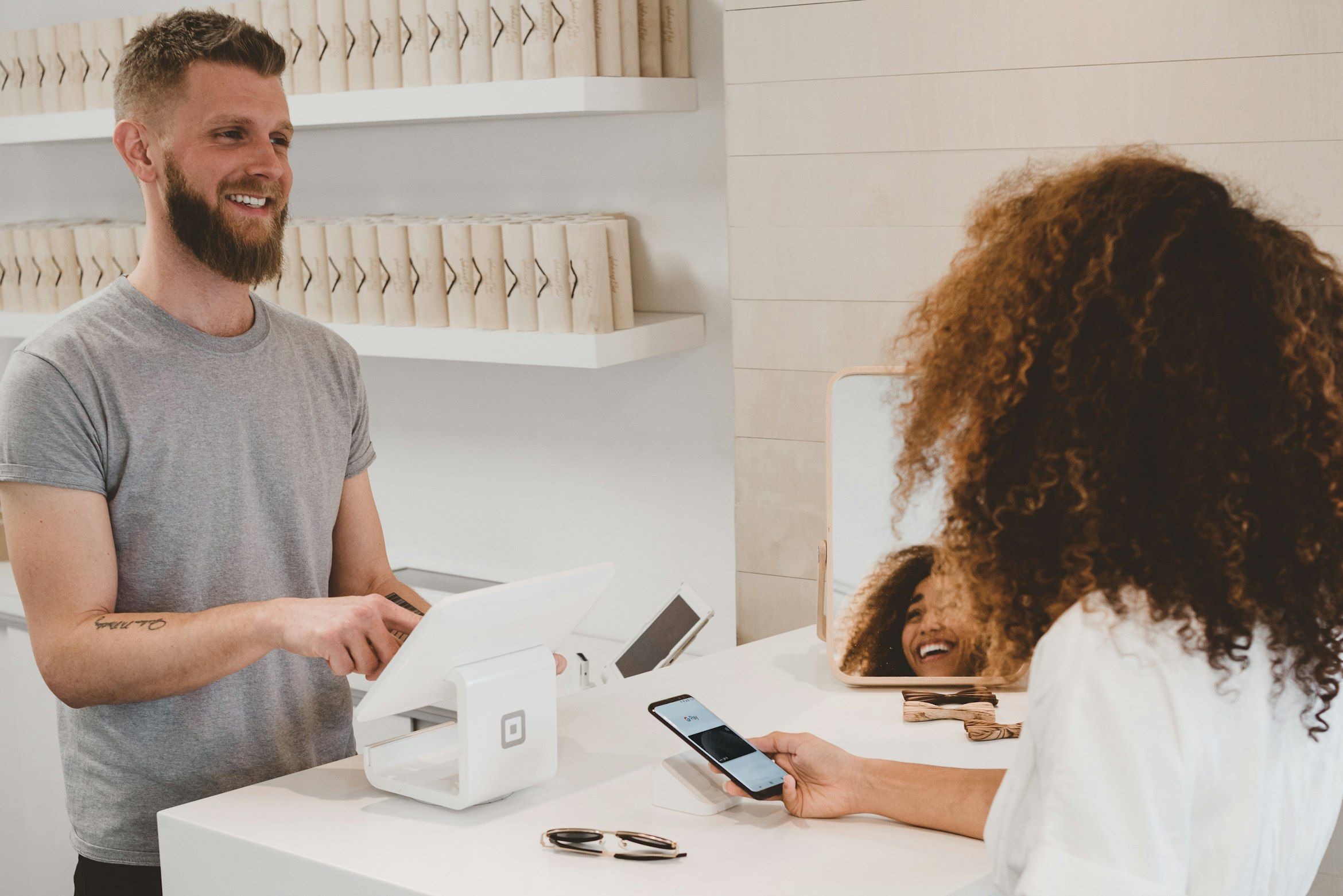
Small Business Travel Security: Protect Your Data on the Road
As a small business owner in Middle Tennessee, your next trip puts your company data at serious risk. Whether you're heading to a client meeting or attending a conference, cybercriminals specifically target traveling business owners who often lack dedicated IT departments to protect them.
The statistics are sobering: 43% of cyberattacks target small businesses (Verizon Data Breach Investigations Report), and the average cost of a cyberattack on a small business reaches $254,445 (Microsoft SMB Cybersecurity Report). For Middle Tennessee businesses, a single compromised laptop during a business trip could mean losing everything you've built.
82% of ransomware attacks target businesses with fewer than 1,000 employees (Verizon DBIR), making small business travelers especially vulnerable when they're away from their secure office networks.
Before You Leave: Small Business Security Checklist
No IT Department? No Problem - Here's Your DIY Security Setup:
- Backup your critical business data - Use reliable cloud backup services or local backups before traveling
- Update everything - Install security patches, antivirus updates, and operating system updates before you leave
- Secure your home office - Change your home Wi-Fi password and ensure your router firmware is updated
- Enable two-factor authentication - Set up 2FA on all business-critical accounts (email, banking, cloud services)
- Set up a VPN connection - Configure secure remote access to your office network or use a reputable VPN service
Public Wi-Fi: The Hidden Business Threat
Whether you're at an airport, hotel, conference center, or coffee shop, public Wi-Fi networks present serious risks to your business data. These networks are often unsecured and can be easily monitored by cybercriminals.
Common Public Wi-Fi Threats:
- Man-in-the-middle attacks where criminals intercept your data
- Fake Wi-Fi networks set up by criminals to steal credentials
- Unsecured networks that broadcast your activity to other users
- Malware distribution through compromised networks
Important: Public Wi-Fi becomes significantly safer when used with a VPN (Virtual Private Network). A VPN encrypts your internet traffic, making it unreadable even if intercepted on public networks. However, VPNs aren't foolproof—you should still avoid accessing highly sensitive data like banking information, and ensure you're using a reputable VPN service with strong encryption protocols.
Physical Security: Protecting Your Devices
Your laptop, smartphone, and other devices contain your business's most sensitive information. Physical theft or unauthorized access can be just as damaging as a cyber attack.
Essential Physical Security Measures:
- Enable device encryption - Turn on full-disk encryption on all devices
- Use strong screen locks - Set up PIN, password, or biometric locks on all devices
- Never leave devices unattended - Keep laptops and phones with you at all times in public spaces
- Use privacy screens - Prevent shoulder surfing with privacy screen protectors
- Avoid charging stations - Use your own charger and wall outlet instead of public USB charging stations
Email and Communication Security
Business email is often the primary target for cybercriminals. When traveling, you're more vulnerable to phishing attempts and email-based attacks.
Email Security Best Practices:
- Be extra cautious with attachments and links from unknown senders
- Verify urgent requests through a separate communication channel
- Use encrypted email services for sensitive business communications
- Avoid accessing sensitive emails on public Wi-Fi without VPN protection
When You Return: Post-Travel Security Checklist
Your security responsibilities don't end when you return to the office. Post-travel security checks can help identify any potential compromises that occurred during your trip.
Essential Post-Travel Steps:
- Run a full system scan - Use your antivirus software to scan all devices for malware
- Change passwords - Update passwords for any accounts accessed on public networks
- Monitor account activity - Check business banking and credit card statements for unusual activity
- Review system logs - Look for any unusual login attempts or system access
Building Long-Term Travel Security Habits
For Middle Tennessee business owners who travel regularly, developing consistent security habits is more valuable than perfect execution on any single trip. Small, consistent actions build into powerful protection over time.
Simple Habits That Make a Big Difference:
- Create a pre-travel security checklist and use it every time
- Set up automatic backups so your data is always protected
- Invest in a quality VPN service and use it consistently
- Train your team on travel security best practices
When to Get Professional Help
While these DIY security measures provide essential protection, some situations call for professional cybersecurity guidance. 75% of small businesses say they could not continue operating if hit with ransomware (Cybersecurity Ventures), making professional cybersecurity guidance a valuable investment for traveling business owners.
Consider Professional IT Support When:
- Your business handles sensitive customer data or financial information
- You need secure remote access to office systems and files
- Multiple employees travel regularly with business devices
- You want comprehensive backup and disaster recovery solutions
- You need help setting up secure VPN access to your office network
Travel security doesn't have to be complicated or expensive. With the right preparation and consistent habits, you can protect your business data while staying focused on what matters most—growing your business and serving your customers.
Remember: the goal isn't perfect security—it's practical protection that fits your business needs and travel schedule. Start with the basics, build consistent habits, and don't hesitate to seek professional help when your business requires more sophisticated security measures.
